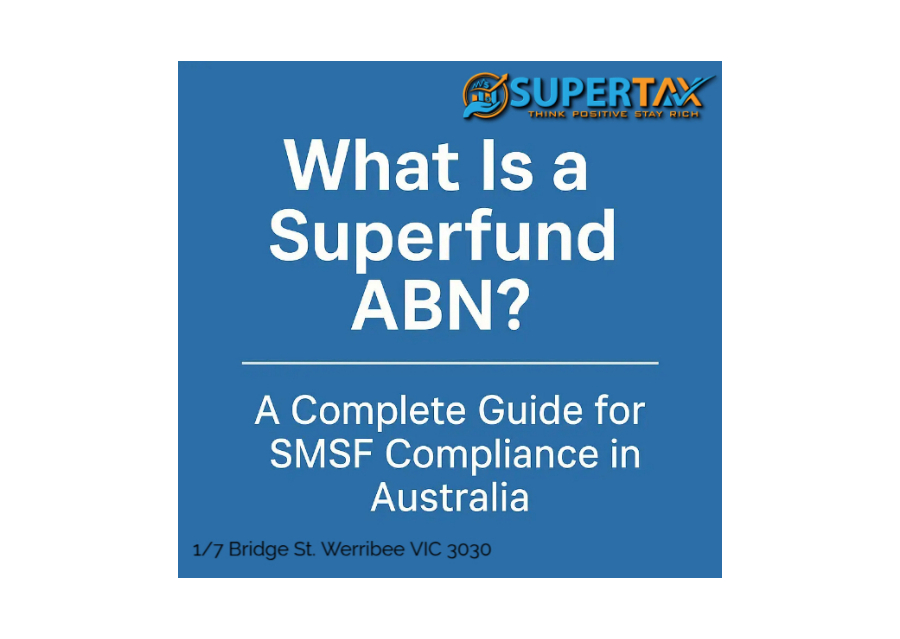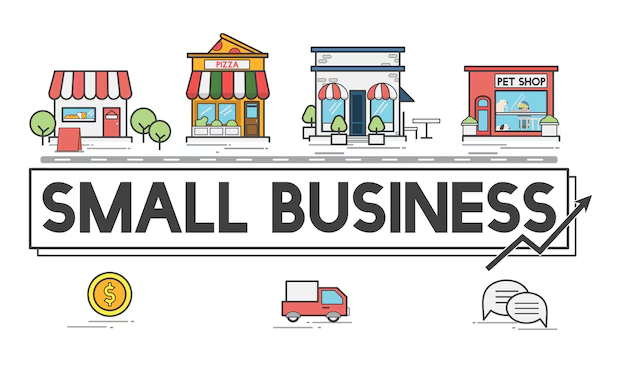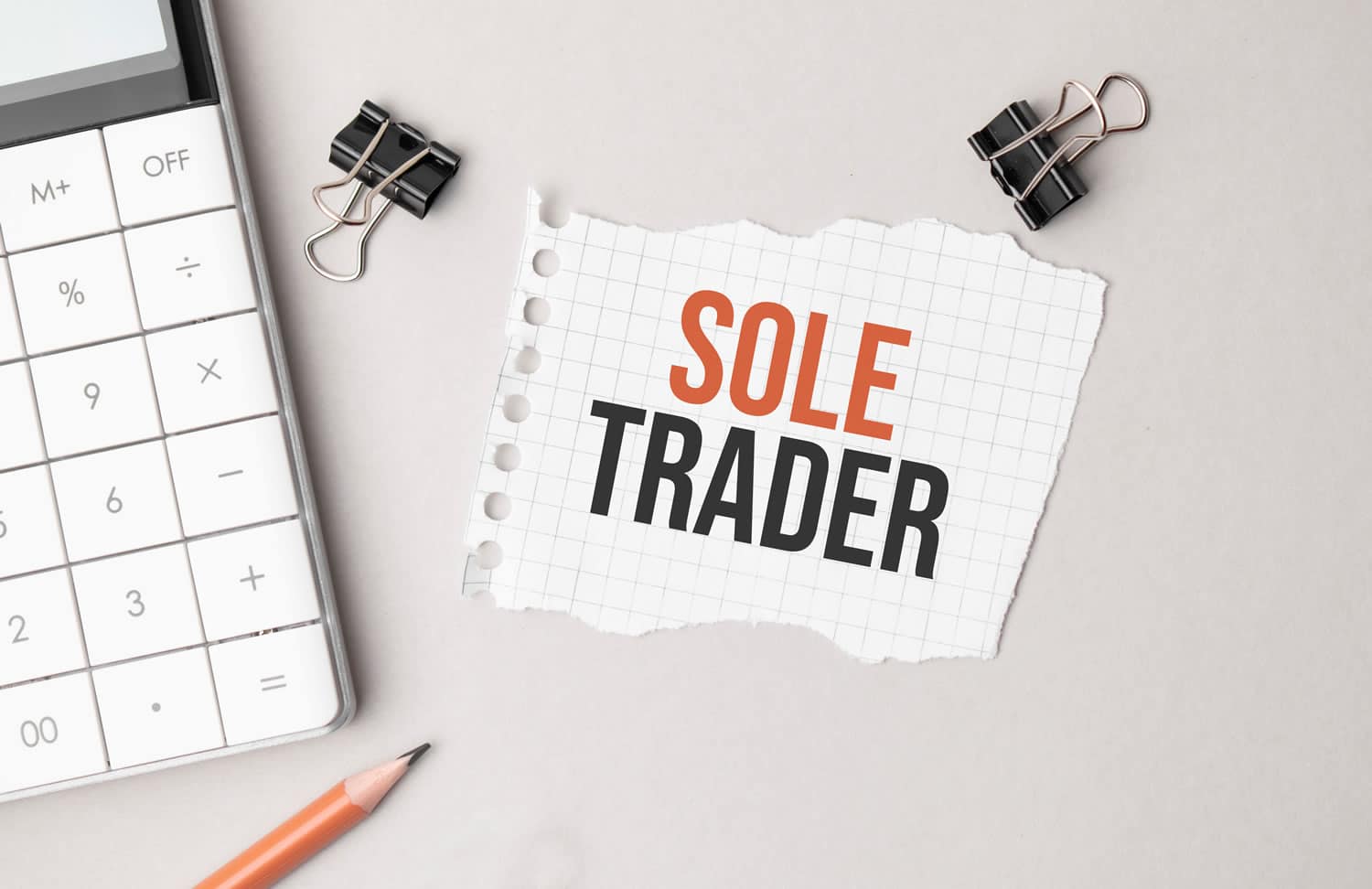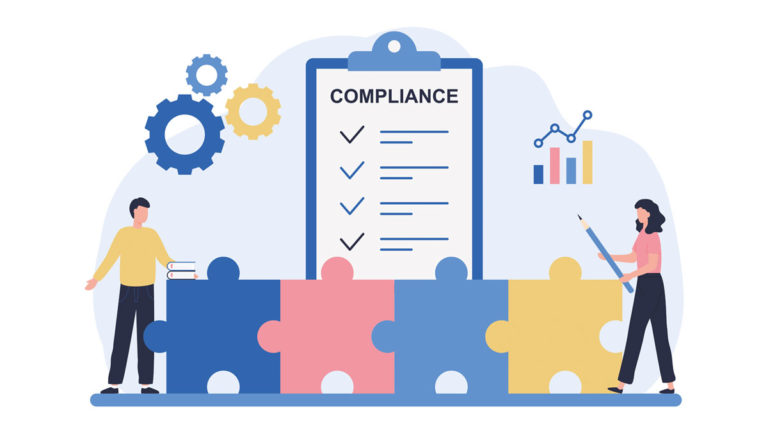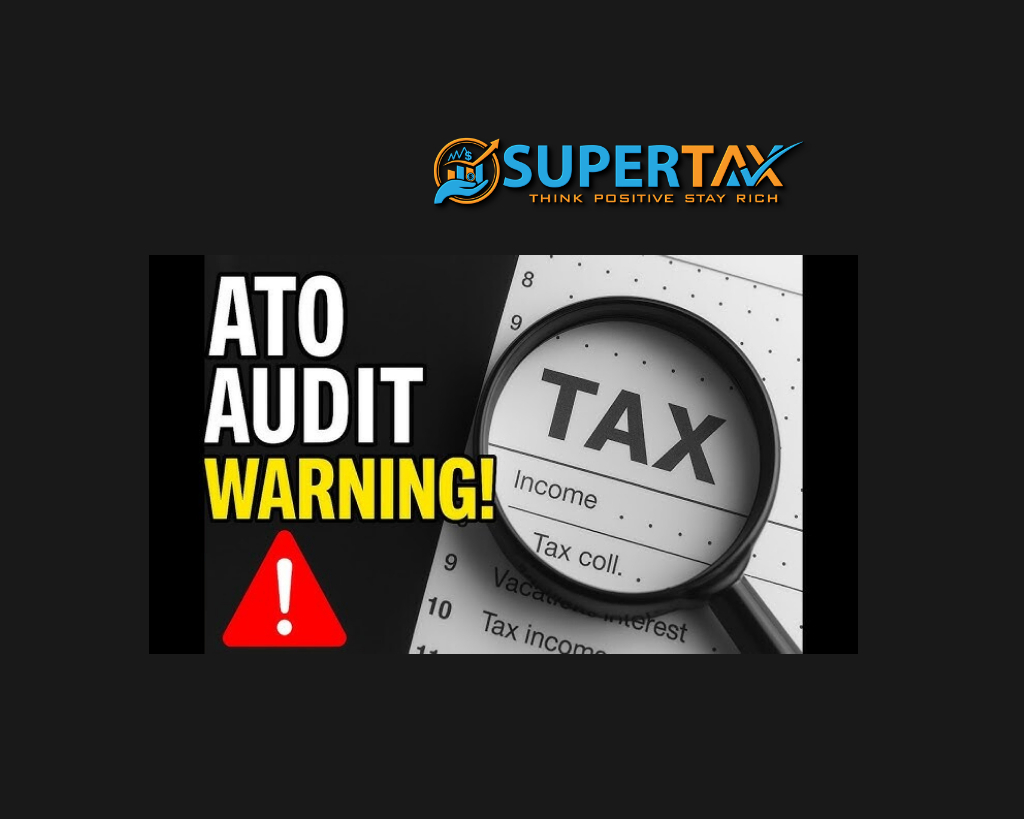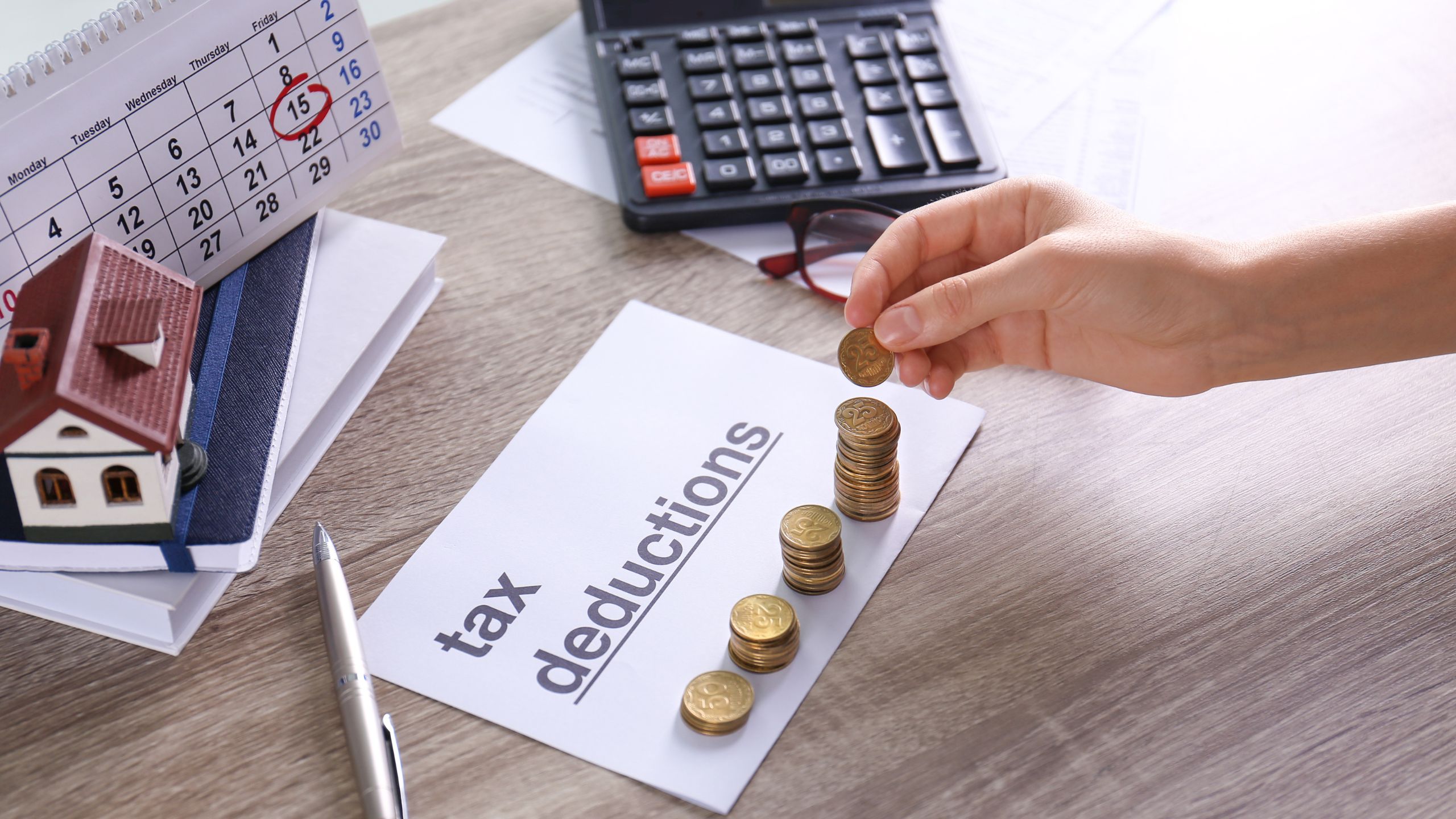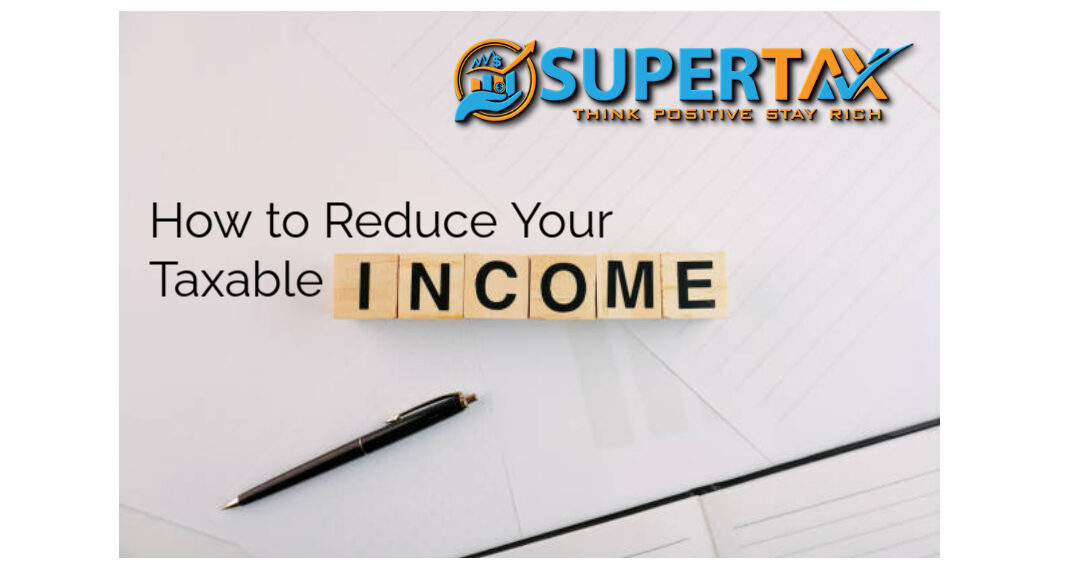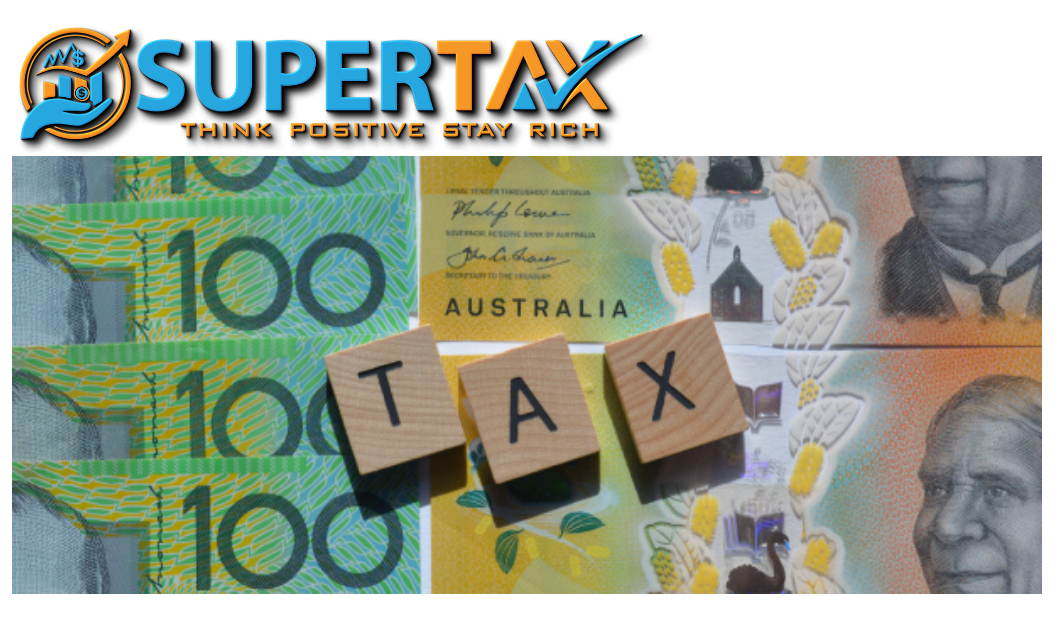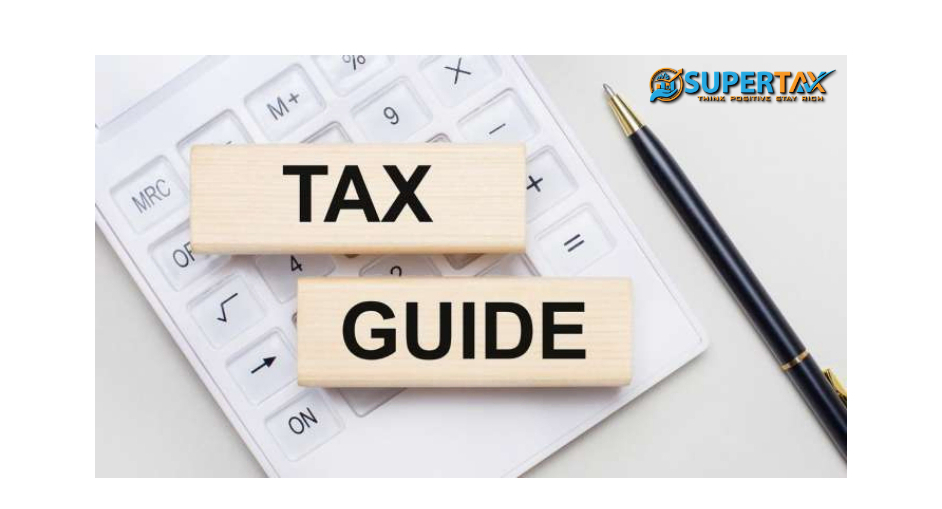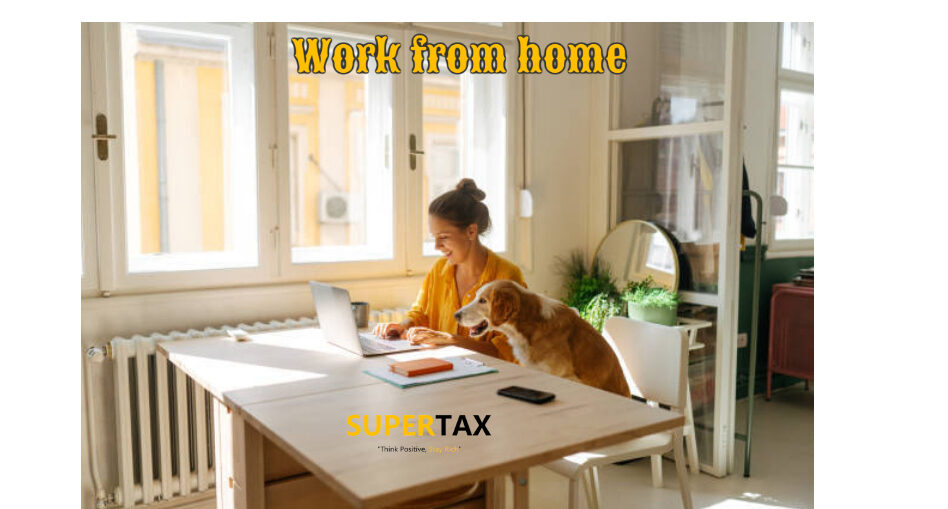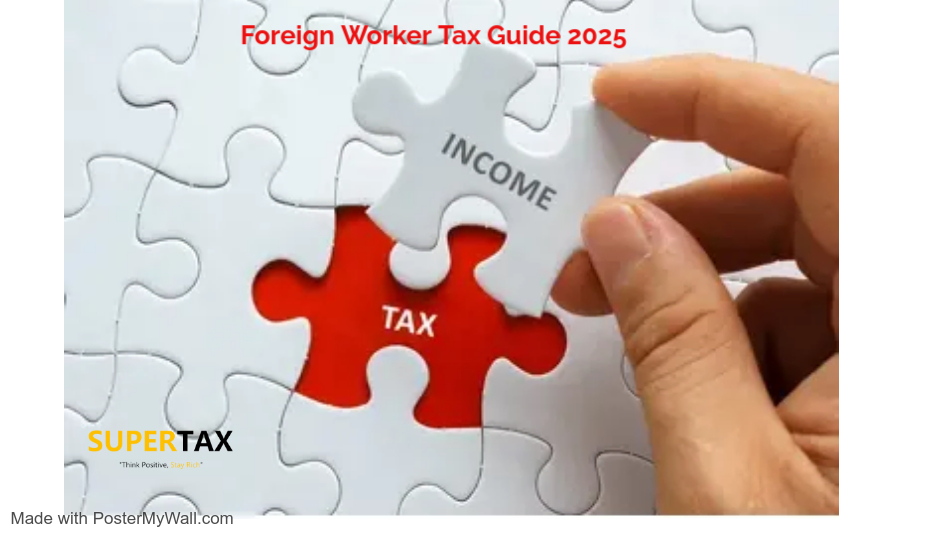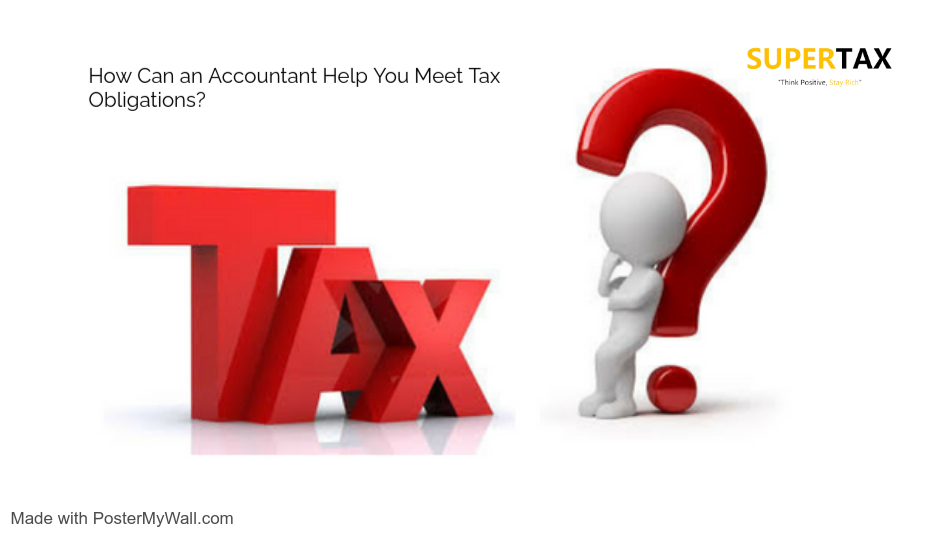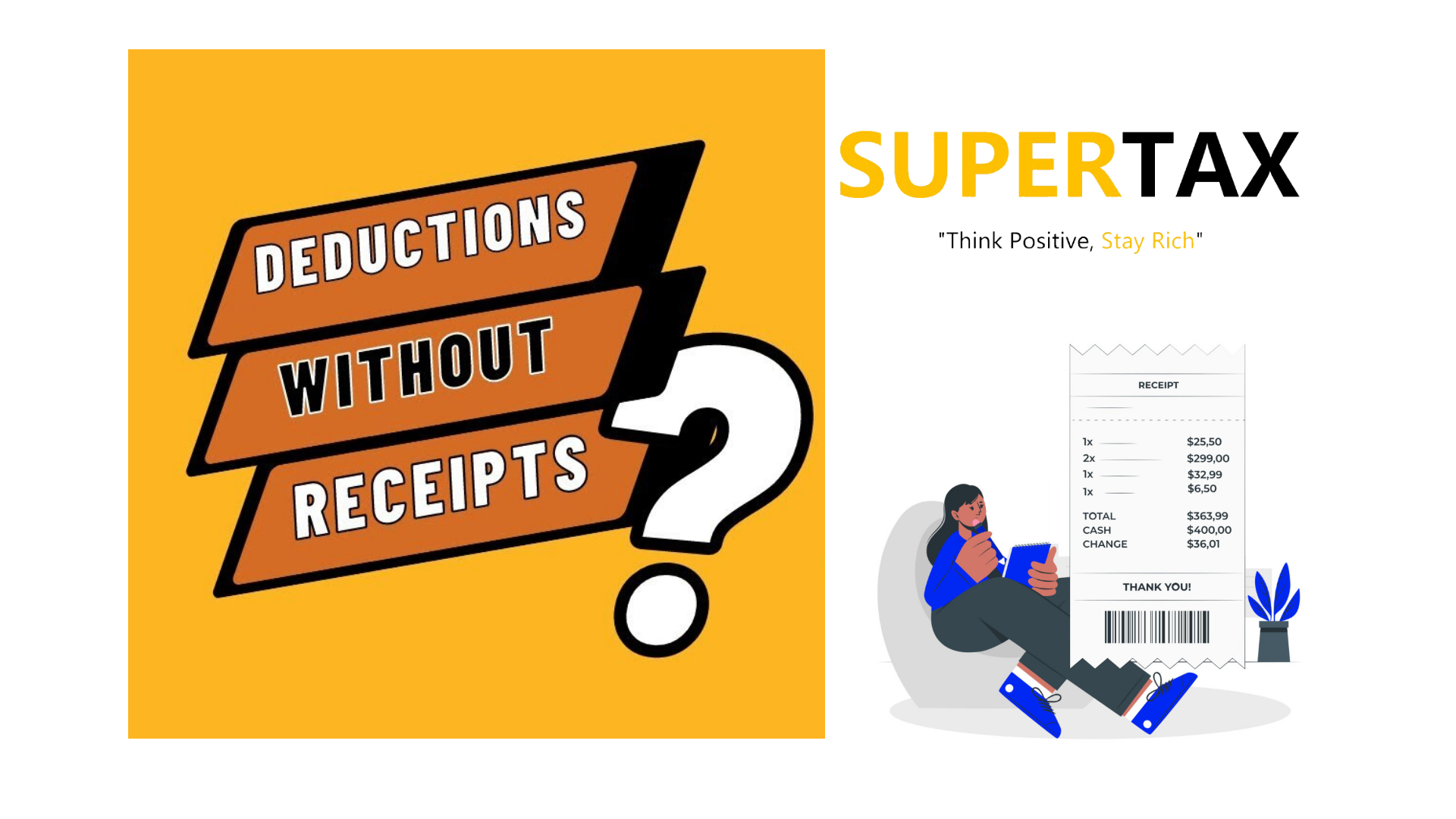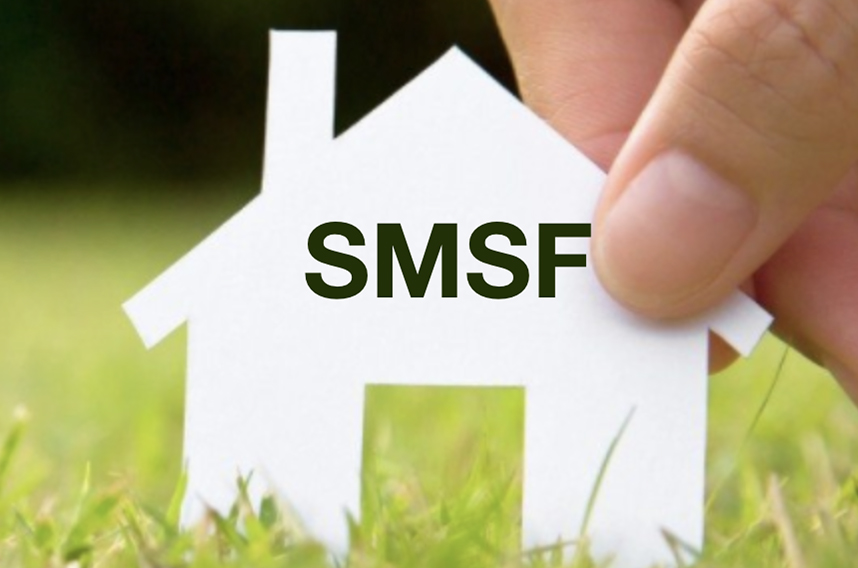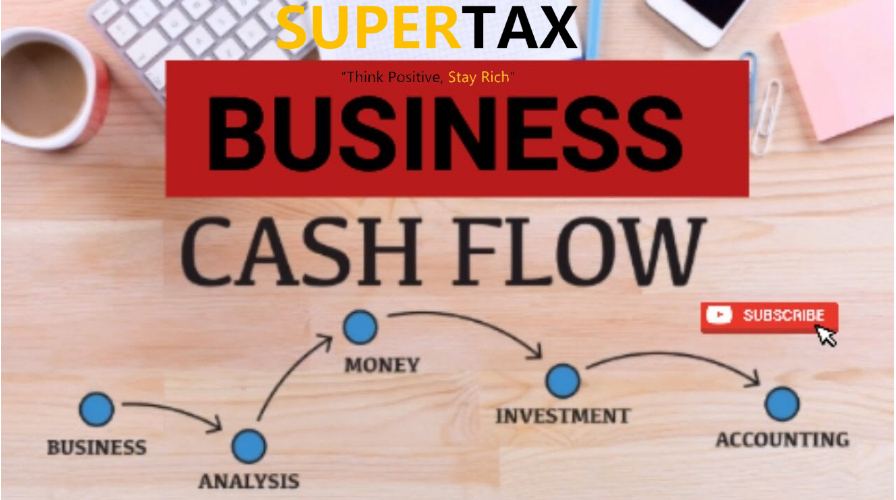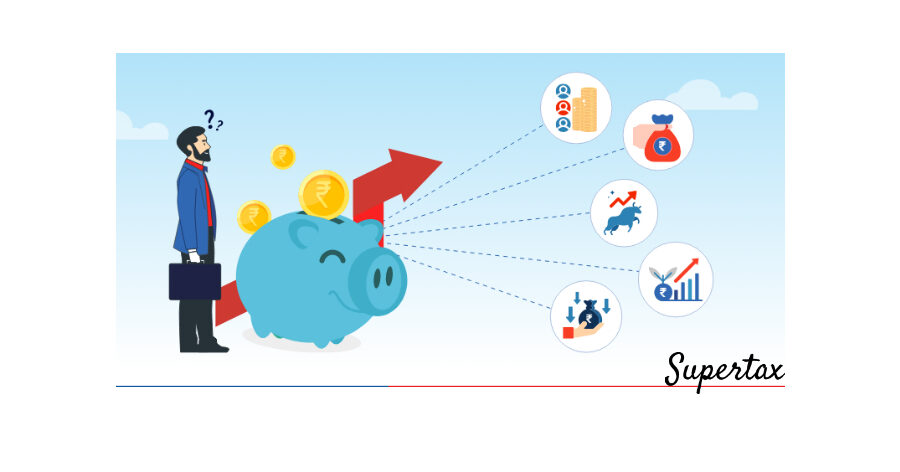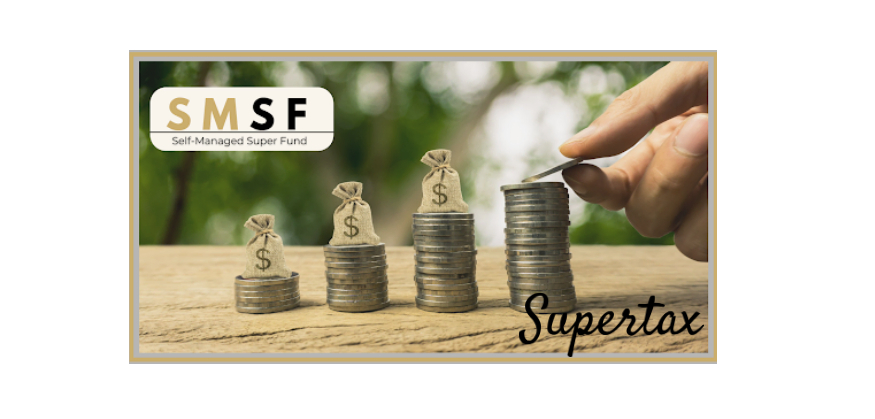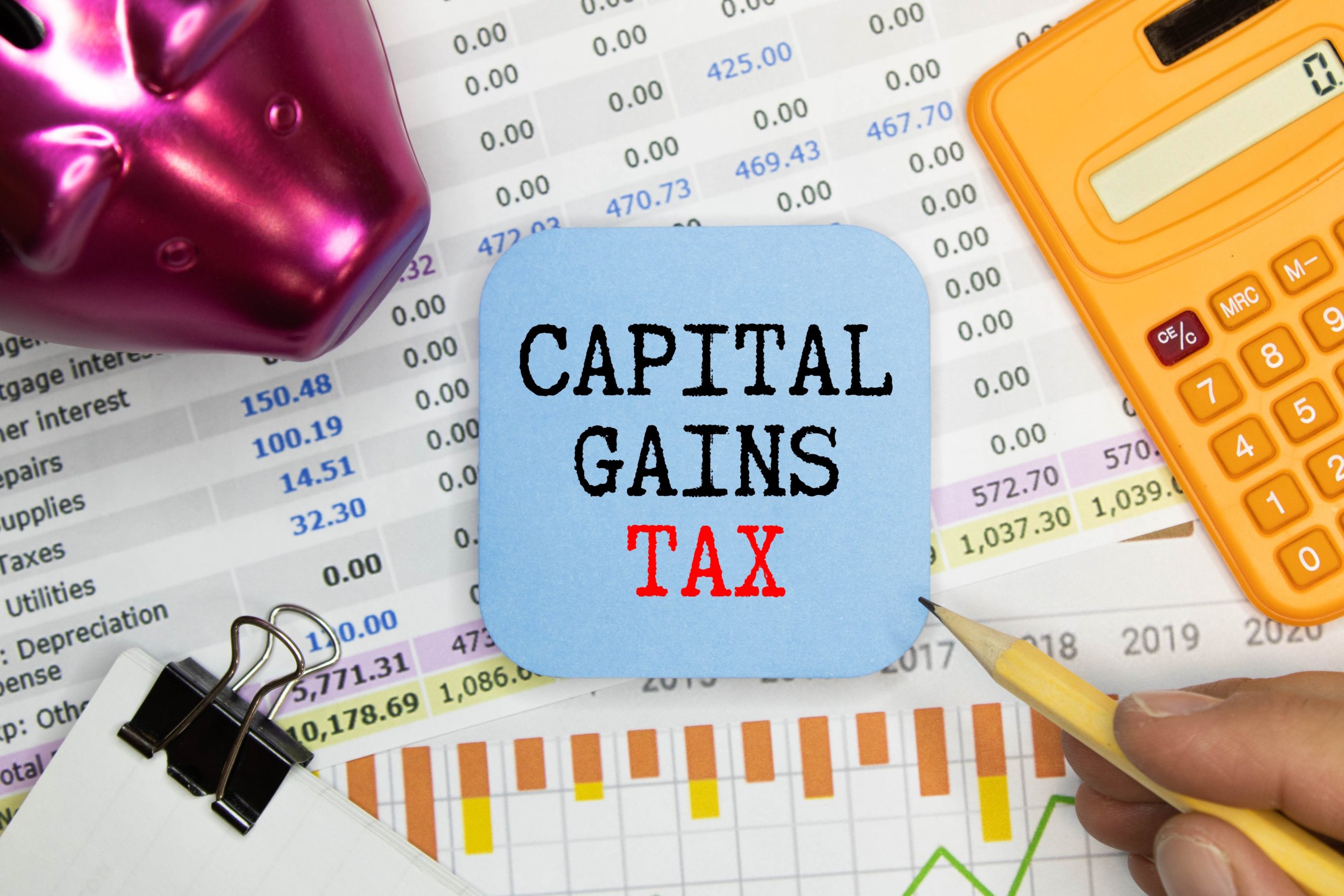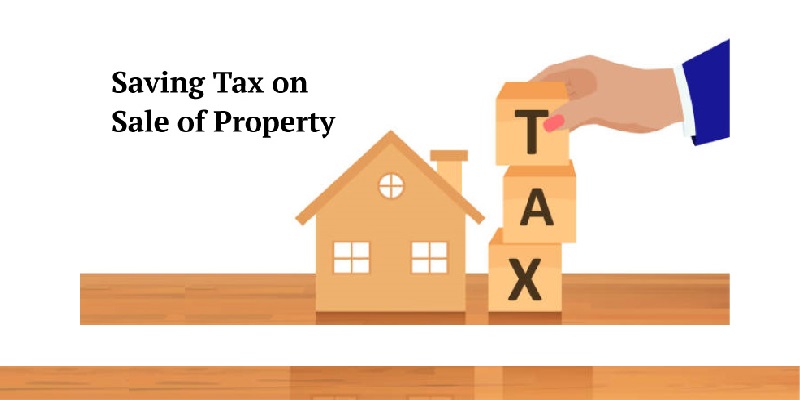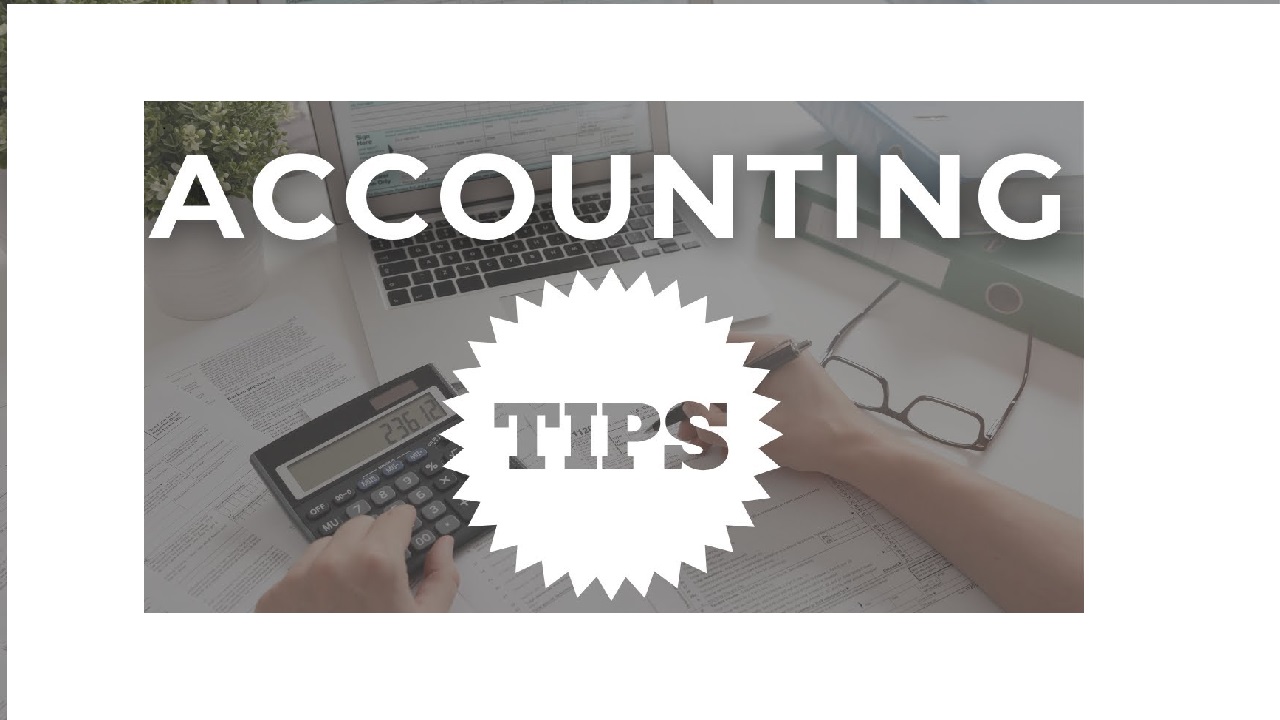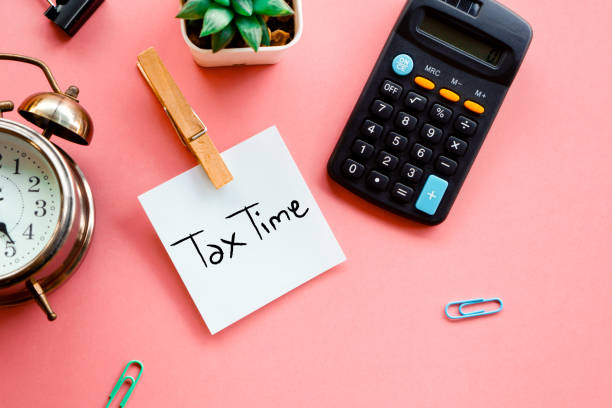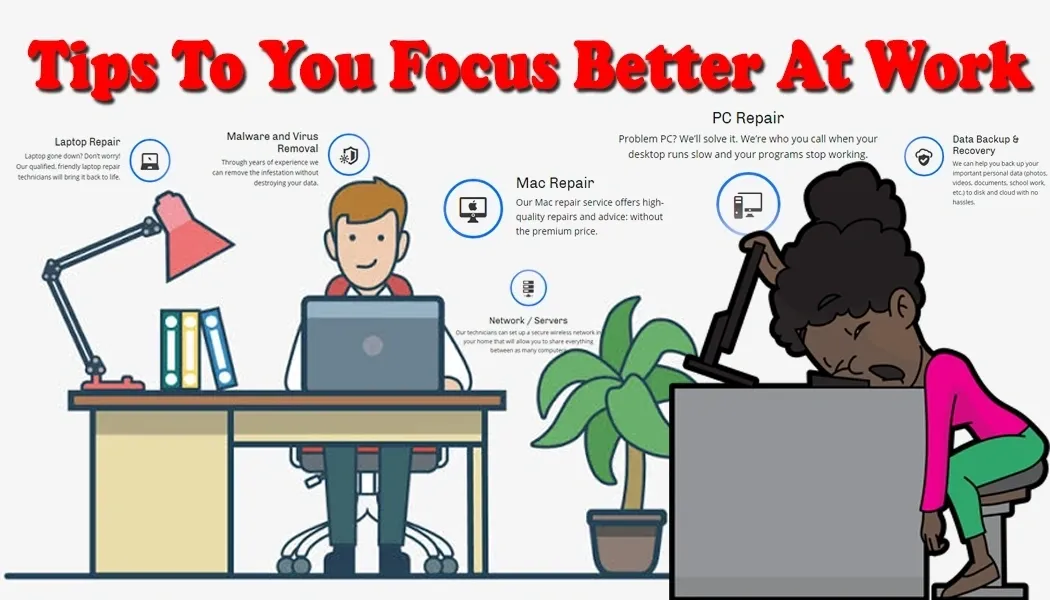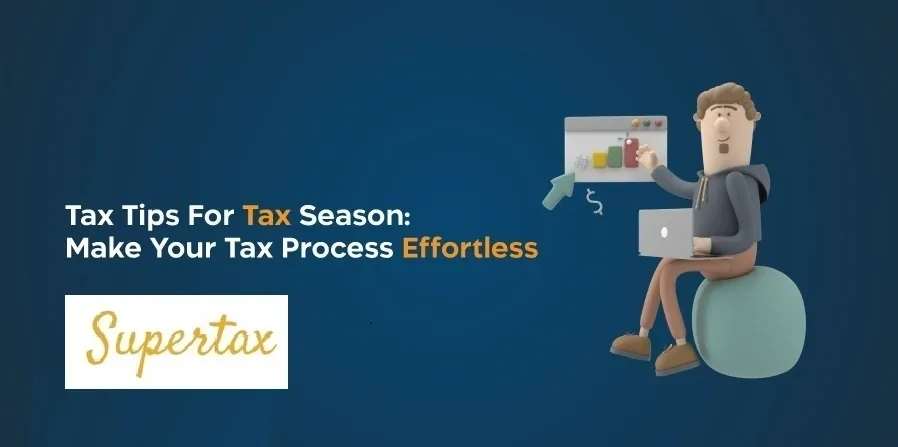Understanding GST in Australia: A Complete Guide for Small Business Owners

The Goods and Services Tax (GST) is a key part of Australia’s tax system, and if you run a small business, understanding how it works is essential. At SuperTax, we know that GST can seem complicated—but it doesn’t have to be. This guide breaks down the essentials, from registration to managing your Business Activity Statements (BAS), so you can stay compliant and in control.
What is GST?
GST is a 10% tax added to most goods and services sold in Australia. If your business is registered for GST, you must charge this tax to your customers and then report and pay it to the Australian Taxation Office (ATO)
In simple terms, you:
- Add 10% GST to your prices
- Collect it from your customers
- Report it to the ATO through your BAS
Do I Need to Register for GST?
Not every business needs to register, but the following rules apply:
- Annual Turnover Threshold: If your business earns $75,000 or more annually ($150,000 for non-profits), GST registration is mandatory.
- Ride-Sourcing & Taxi Services: If you drive for Uber, DiDi, or other platforms, you must register for GST regardless of income.
- Fuel Tax Credits: You need to be GST-registered to claim these.
- Voluntary Registration: Businesses earning under the threshold can register to claim GST credits on purchases.
- Importing/Exporting: If you’re involved in international trade, registering helps you claim input tax credits.
How to Register for GST
There are a few easy ways to register:
- Use the Business Registration Service online
- Call the ATO directly
- Speak with a registered tax agent (like SuperTax!)
Once registered, you’ll need to include GST in your prices and regularly lodge a BAS.
Why Register for GST (Even If You Don’t Have To)?
Voluntary GST registration offers benefits:
- Input Tax Credits: Claim GST back on business purchases
- Professional Credibility: Some clients prefer working with GST-registered businesses
- Better Tax Planning: More structured financial processes
Managing Your BAS (Business Activity Statement)
Once you’re registered, you’ll need to lodge BAS regularly—usually every quarter. Here’s how to stay on top of it:
1. Keep Good Records
- Track all sales and expenses
- Store valid tax invoices and receipts
- Use accounting software like Xero, MYOB, or QuickBooks
2. Understand GST Payable and Credits
- GST Collected (Output Tax): The 10% you charge customers
- GST Paid (Input Tax Credit): The GST you pay on business expenses
3. Lodge Your BAS
- Report total sales (G1), GST on sales (1A), and GST on purchases (1B)
- Lodge online, by mail, or through your tax agent
- You might be eligible for annual reporting to simplify things
4. Settle Up
- If you collected more GST than you paid, pay the difference to the ATO
- If you paid more than you collected, claim a refund
- Set up automatic payments to avoid late fees
Common GST Mistakes (And How to Avoid Them)
At SuperTax, we see a few common slip-ups—here’s what to watch for:
1.Incorrect Input Tax Credits
- Only claim credits on business expenses with valid tax invoices
- Personal purchases? Not claimable
2. Forgetting to Charge GST
- If you’re registered, every taxable sale must include 10% GST
3. Errors on Your BAS
- Misclassifying items (e.g., GST-free vs input taxed)
- Reporting wrong figures
4. Late Lodgement
- Penalties apply—use tools like the ATO’s Small Business Tax Calendar to stay on track
5. Bad Record-Keeping
- Keep digital backups and organised files for all invoices and receipts
6. Not Adjusting for Personal Use
- Split expenses that are used for both business and private purposes
7. Misreporting Capital Purchases
- Purchases over $1,000 should be reported correctly on your BAS
8. Mixing Up GST-Free vs Input Taxed
- GST-Free: Basic food, education, medical services
- Input Taxed: Residential rent, financial services (no GST credits)
GST for E-Commerce Businesses
Selling online? You face a few extra GST considerations:
- Exports: GST doesn’t usually apply to goods sold overseas
- Marketplaces (e.g., Amazon): These platforms may collect GST on your behalf
- Digital Products: If sold to Aussie consumers, GST might apply—even if you’re overseas
How to Claim GST Refunds
If you’ve paid more GST than you’ve collected, you may be entitled to a refund:
- Lodge a BAS showing a negative balance
- Keep proper tax invoices for all purchases
- For large refunds, consult a tax professional
GST Audits: Be Prepared
The ATO does carry out audits to ensure businesses are doing the right thing. They look for:
- Underreported income
- Overclaimed credits
- Late lodgements
To reduce audit risk:
- Keep clean records
- Lodge BAS accurately and on time
- Respond quickly to any ATO contact
Conclusion
Managing GST doesn’t need to be overwhelming. With the right systems and support, your small business can stay compliant, avoid penalties, and even benefit from GST registration. At SuperTax, we help small business owners just like you navigate the ins and outs of tax compliance with ease.
FAQs
What if I don’t register when I should?
You could face fines, backdated GST bills, and interest from the ATO.
Can I claim GST on all expenses?
Only business-related expenses with valid tax invoices are eligible. No personal costs or input-taxed items.
How often do I lodge a BAS?
Usually quarterly, but monthly if your turnover is high.
Can I cancel my GST registration?
Yes, if your turnover drops below the threshold. Make sure all BAS forms are lodged first.
What if I make a mistake?
You can fix it in a future BAS or lodge a revision. If unsure, get help from a tax expert.
Need help with GST registration, BAS, or tax planning?
Contact SuperTax today — we make tax easy for Aussie small businesses.
